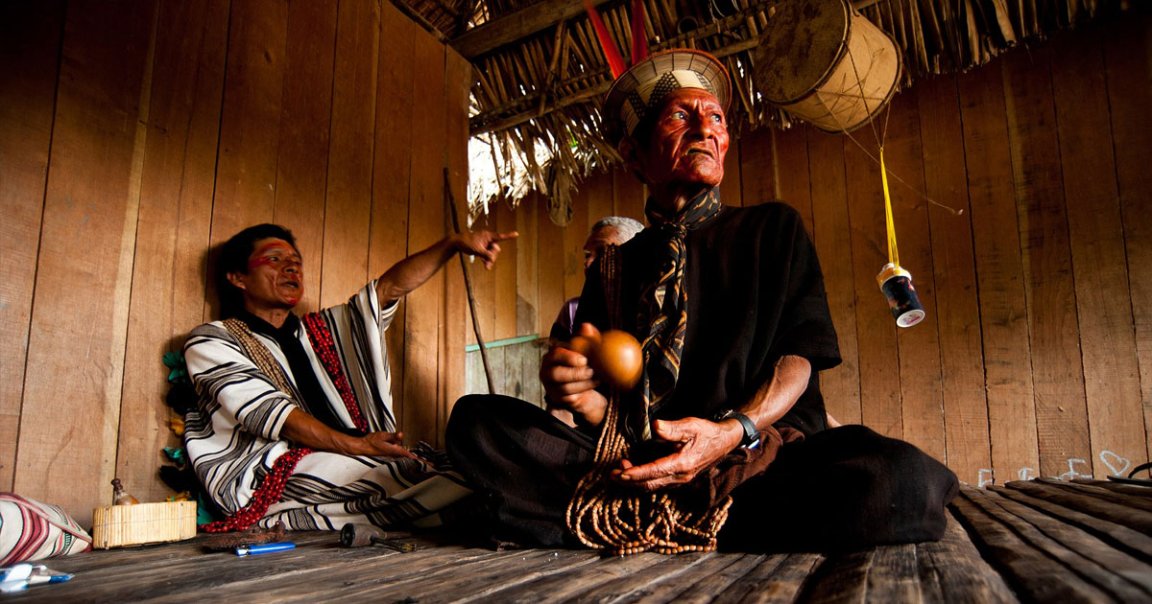
In Brazil, indigenous populations living in and around the Amazon are struggling under the coronavirus pandemic.
Earlier this month, the indigenous Yanomami people suffered their first coronavirus-linked death. The community already suffers from institutionalized racism, bringing with it poor access to healthcare and economic support, Coventry University agroecologists Nina Moeller and JD Pedersen write in an essay on The Conversation.
“There are now growing fears that COVID-19 will wreak havoc across the Amazon,” they wrote. “This fear is unsurprising, given an estimated 90% of the original inhabitants of the Americas died as a result of European colonization, especially through the infectious diseases Europeans brought with them.”
Without government support in Brazil, indigenous communities are trying to take matters into their own hands and protect their communities, both from widespread infections and the economic devastation that the pandemic can bring with it.
But that’s proving difficult, the agroecologists write, because the state’s lockdown measures are preventing them from making money at local markets.
Meanwhile, legal and illegal mining and deforestation operations — the latter of which has intensified under lockdown — continue to strip away valuable resources while exposing local communities to dangerous pollution.
Without support, the agroecologists describe a looming catastrophe for Brazil’s indigenous communities — in which people may be left to fend entirely for themselves while being cut off from the resources they’d need to actually do so.